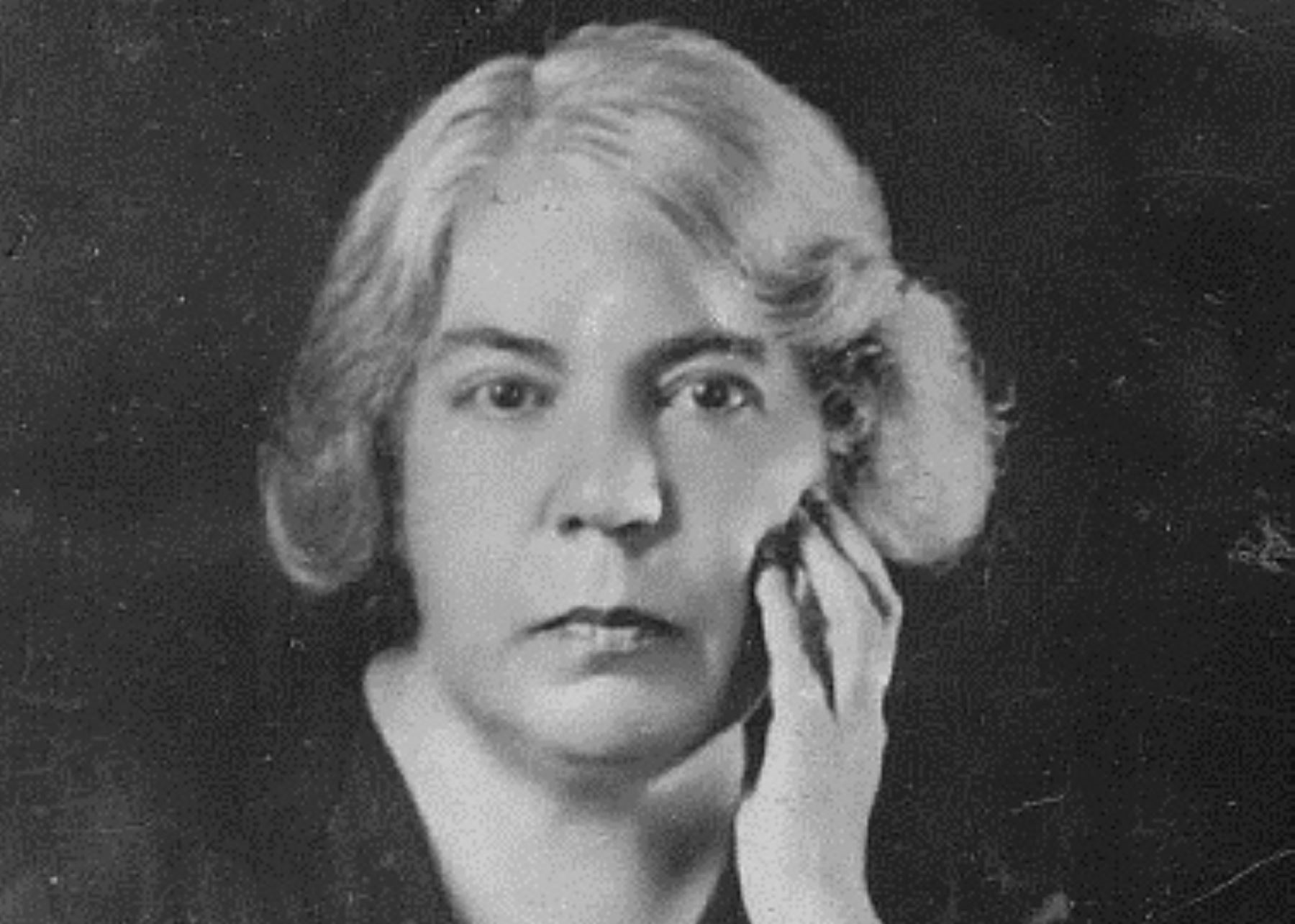
No Italian woman as Grazia Deledda has been able to mix in her writings love, pain, and the sense of universal that intertwines these two feelings apparently very distant. And few writers have been able to link their work to the homeland, as did Grazia Deledda for her Sardinia, making her island into the character and the true meaning of her controversial poetics.
Born in Nuoro in September 1871, after primary school the Sardinian writer receives private education as basic as tradition for the Sardinian women of that time. Afterwards, she is forced to continue her education totally self-taught.
At the age of fifteen she begins to publish short stories in Sardinia and, opening up to women's magazines, she creates a network of important contacts. Deledda's popularity reaches a more solid rate when, in 1896, another famous Italian writer, Luigi Capuano, writes a very strong review of her last work, "La via del male".
In the October of 1899 Grazia Deledda leaves Sardinia and arrives in Rome, where, in 1900, marries an important public official who works in a Ministry. Her big break comes with "Elias Portolu", a work which sees the writer to start a series of novels and plays of profound impact on the public: "Cenere", in 1904; "L'edera" in 1908; "Canne al vento" in 1913; "Il Dio dei venti" in 1922.
The great strength of this small woman, only 5 feet tall, pushes her name in the most important international literary circles. Two great writers, the Russian Maksim Gorky and the English DH Lawrence, talk about her with respect and consideration.
Gorky writes about her: "What pens and what strong voices! She has no rivals neither in the present nor in the past". Lawrence points out that "Grazia Deledda has an island all for herself, Sardinia, especially the mountain range where live the people which she feels the charm of".
In 1926 the great Italian writer is awarded with the Nobel Prize for Literature. The Commission decides to give it to her "for her idealistically inspired writings which with plastic clarity picture the life on her native island and with depth and sympathy deal with human problems in general".
The human problems are exactly those painted by Grazia Deledda's words through the constant opposition between masculine and feminine universes. Deledda builds her male characters with what she calls a crack of the spirit. The men of her novels do not know how to govern Eros and fall in front of their fragility, far from the courage of women, more determined and full of passion. Grazia Deledda's female characters are strong women who, however, remain crushed by the society and are forced to sacrifice themselves to save men from their weaknesses.
In her pages, the Sardinian writer tells the human condition, torn between good and evil. Each character lives the tragic sense of this existential contradiction, caught between impulses and sin. This is described by the stories of her novels in a Sardinia, which is a timeless island, universal symbol of the eternal drama of existence.
In her work survives the compassion of accepting the weaknesses of each of us as part of the whole humanity, a feeling that leads to understanding and accepting the others. A powerful sense of humanity, of love, of universality, which makes Grazia Deledda a great woman, even before being a great writer.



